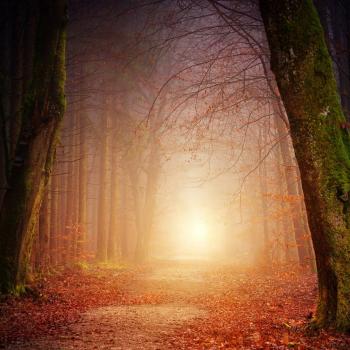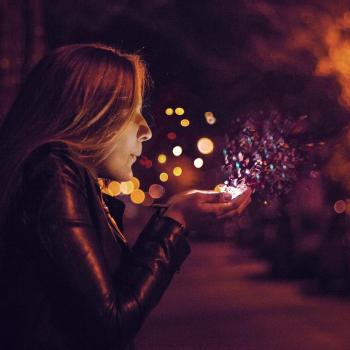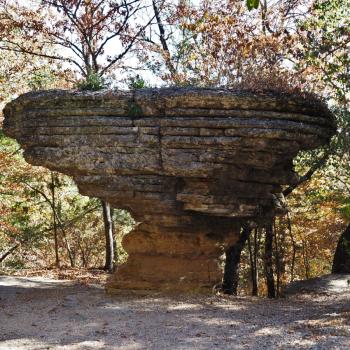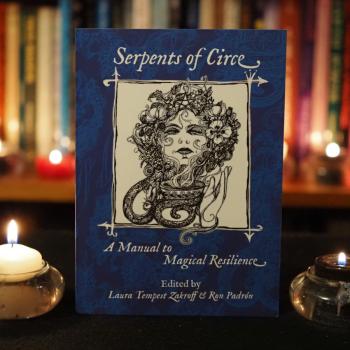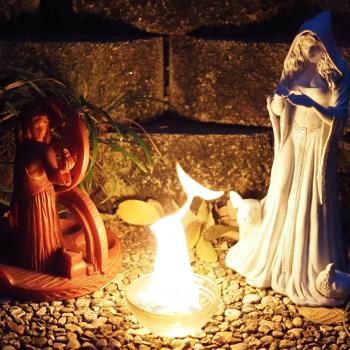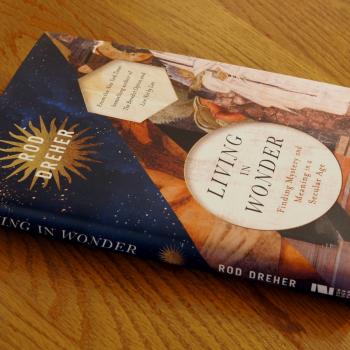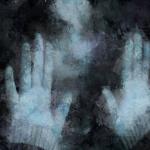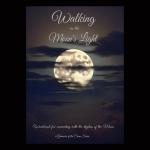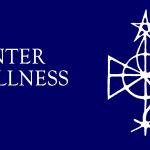Someone criticizing your religion is fair game.
It has to be this way. We live in the most religiously diverse culture in the history of humanity. We have to be able to compare and contrast, and to point out why we find our way to be the best way, at least for us. We need to be free to call out religions that insist people must believe things that aren’t true, and to criticize religions that have been harmful to us and to others. I never want to live in a place that arrests people for ”humiliating religious feelings”. If someone wants to criticize Paganism, that’s fine.
But could they at least put some effort into it?
Last week I came across what may be the laziest criticism of Paganism I’ve ever seen. On The Irish Catholic website Mary Kenny wrote a piece titled Boring boring paganism. Most of it is not about Paganism – it’s an obituary of sorts for someone who recently died (wonder how his family feels about having that for the title of his obituary?). Her criticism of Paganism takes all of three short paragraphs. Here’s most of it:
It’s not that I consider Pagan spirituality necessarily wicked, but it is mostly very boring. Where are the cathedrals? Where are the exquisite manuscripts? Who is the Michaelangelo of Pagan art? Who is the Mozart of its music? Where are the philosophers, the theologians, the intellectuals? Where are the saints?
Very early on my Pagan journey (so sometime in the early 1990s) I came across a TV talk show that had a Wiccan high priestess and a particularly nasty Catholic priest on at the same time. The priest kept hammering “if Wicca is such a great religion, where are your hospitals?” As though building hospitals is the primary goal of every religion, and as though a new religious movement with perhaps a hundred thousand adherents at the time (using the broadest possible definition of Wicca) should have the same facilities and infrastructure as largest and richest denomination of the largest and richest religion in the world.
There are fair criticisms of Wicca and Paganism, and then there are lazy criticisms.
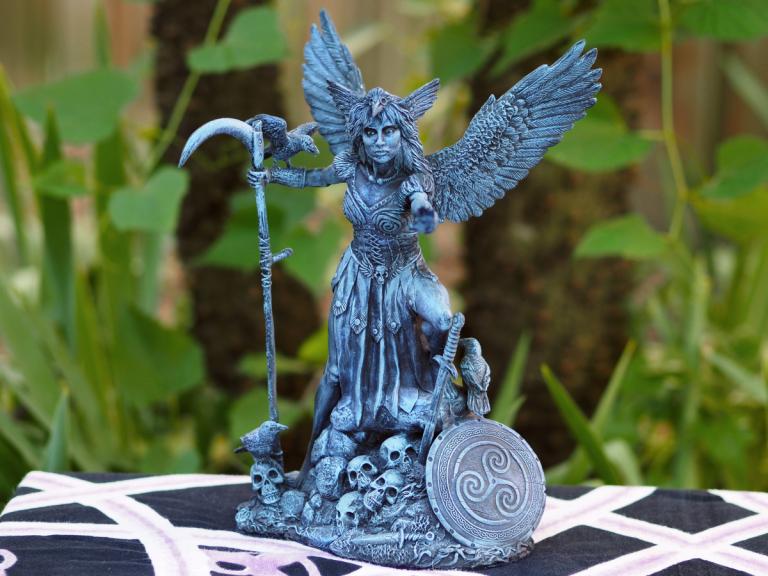
Just because you’re ignorant of something doesn’t mean it doesn’t exist
Where are the Pagan cathedrals? Do you mean the temples your religious ancestors destroyed, or the ones they stole?
Pagans invented theology and philosophy, at least as we understand it in the West. Go read Brendan Myers’ The Earth, The Gods And The Soul for a survey from ancient times to today. Dr. Myers is a pretty good philosopher himself, and we have others.
There’s only one Michaelangelo, but if someone was willing to sponsor one of our better contemporary Pagan artists for four years (the time it took Michaelangelo to paint the Sistine Chapel) I’m sure they could turn out something truly amazing. Unfortunately, none of us have the wealth and power of a 16th century pope. The smaller work our artists do – such as the statue of the Morrigan by Joe Laudati pictured above – is awesome. Rosaleen Norton’s paintings aren’t for everyone, but there’s no question they’re brilliant and influential. And Pamela Colman Smith is finally getting the credit she deserves for her artwork in the Waite-Smith Tarot deck.
We have some very good Pagan music, and my friends who’ve been to concerts by Heilung and Wardruna tell me they compare favorably to any symphony.
Spending any more time rebutting Mary Kenny’s ridiculous claims would be as lazy as her original piece. Instead, I want to spend the rest of this post talking about why Paganism is anything but boring.
Nature is wonderful
This is where I need to clearly state that Paganism is not one religion, but rather a movement of many different religions. While some modern Pagan religions are not Nature religions, many are – including mine. And Nature is wonderful.
The Universe is 14 billion years old and it contains (as best we can tell at the moment) 1024 stars. Many of those stars have planets. Our planet is 4.5 billion years old and is home to over 8 million species, of which we are only one – and one of the newer ones. We are so young and our lives are so brief. And yet in all this seemingly-infinite vastness, here we are, a part of it all, contemplating it all.
Our seasonal celebrations on the Wheel of the Year keep us connected to the Earth and its rhythms and cycles. We make pilgrimages into wild places and we step outside into our back yards to watch the squirrels, listen to the birds, and talk to the trees. We follow the monthly cycles of the Moon and we feel its power, just as our ancestors did hundreds and thousands of years ago.
We were not placed on the Earth – we grew out of the Earth. The Earth is quite literally our Mother, and there is no more genuine religion than honoring, respecting, and caring for the Earth.
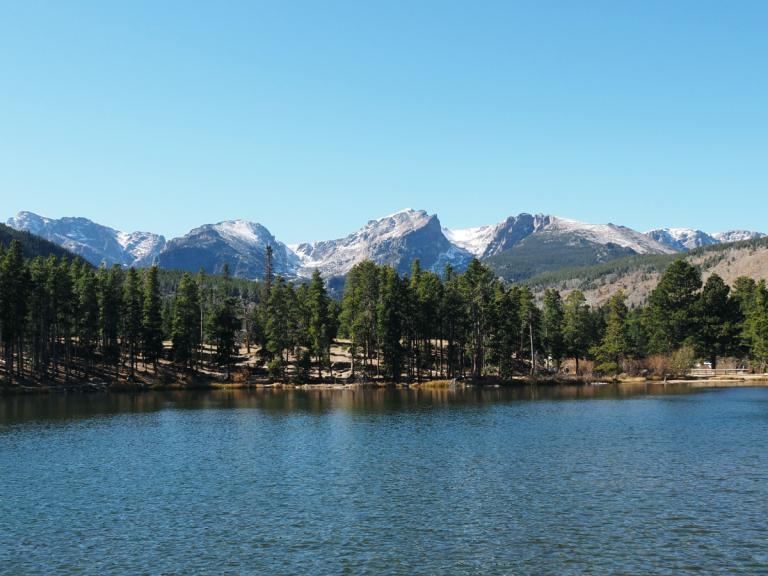
Magic and witchcraft are amazing
Some Pagans are naturalists who don’t believe in magic. Others follow a tradition that considers magic to be impious. But for most of us, magic and witchcraft are part of our heritage as humans.
Magic is, in the words of Aleister Crowley, the science and art of creating change in conformance with will. Witchcraft is – in my own definition – magic that is unauthorized by mainstream authorities and generally considered transgressive. But how we define magic and witchcraft is far less important than how we practice them.
Because we have magic, we always have hope. Not the passive hope that someone will come rescue us, but the hope of agency – the understanding that no matter how bad things get, there is always something we can do to make them better.
Because we have witchcraft, those who are denied access to official sources of power are not powerless.
Most importantly, you need no one’s permission to practice magic and witchcraft. You don’t even have to believe in it (although that helps). You just have to do it. Do the spells and do them right and the results will come. I’m an engineer by profession and I’m skeptical by nature, but eventually I had so many successes it was easier to believe in the reality of magic than to keep trying to rationalize it all away.
The results have been – and continue to be – amazing.
Divination is brilliant
Divination is – and this is my definition again – obtaining information through non-ordinary means. I prefer Tarot for divination, but others read runes or stones or tea leaves, or read omens in Nature. There are many forms of divination.
Divination shows us what will be, not what must be. It tells us where we’re going. If you like that, keep doing what you’ve been doing. If you don’t, make a change and go somewhere else instead. Divination will show us what we’re missing. It isn’t a very good map, but it’s an excellent set of headlights – it helps you see the major obstacles you’ll encounter on your way. And divination allows us to ask questions of the Gods and spirits, and then get answers.
How does divination work? Sometimes a God or spirit tells us the answer. Sometimes we already know the answer and divination helps us get out of our heads so we can see it. Other times we connect to a source of knowledge and find what we need.
What divination can’t do is tell us what we “should” do. Never hand over your agency to a deck of cards or the spirits who may or may not be behind those cards. Instead, use the information you find through divination to make good, conscious, well-informed decisions.
Like any tool, divination can be misused or overused. But when it’s used properly, it’s brilliant.
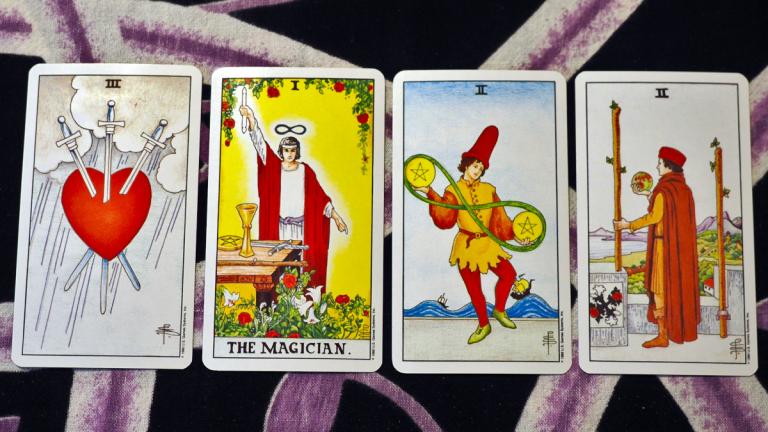
The Gods are awesome
The Gods and my relationships with them are the foundation of my Paganism.
Cernunnos has been a part of my life since before I knew who he was. Danu doesn’t say much, but what she does say is critically important. The Morrigan is one of the most active deities of our time and I am honored to be a part of her work in this world. Several other deities are part of my regular prayers and worship, even though I have no oaths with them. And as someone who has served as a priest in a public setting for many years, I’ve had occasion to work with and for numerous others.
The Gods are awesome in a literal sense: they inspire awe. Whatever we are as humans, they are much, much more. They are always good (that’s one of the definitions of a God) but “good” doesn’t mean “nice.” Sometimes they relate to us in ways we struggle to understand. They are not helicopter parents and they are not vending machines. They do their own things for their own reasons and they aren’t big on explaining themselves.
At the end of the day it comes down to one thing: my life is better with the Gods in it than it was before I begin following them. They are awesome.
Some of our “not boring” things aren’t so great
I would not be telling the whole truth if I didn’t mention that some of the things that make Paganism anything but boring aren’t so great.
We have our problems with things like gatekeeping and aesthetics over substance. We argue, sometimes constructively but too often in ways that get personal. And we have our problems with predators and abusers in our community – something the Catholic Church is very familiar with.
But you’ll find these problems in pretty much every religion. That’s because they aren’t Pagan problems or Catholic problems, they’re human problems. And for all that our religions are divinely inspired, they remain human institutions, filled with humans in all our flawed glory.
I’m happy being Pagan
I can’t think of a single religion I find boring. Some are offensive and harmful (fundamentalism of any variety), some are grounded in cultures too different for me to fully appreciate, and some simply don’t speak to me in a spiritual sense. But I find all of them interesting and many of them fascinating.
I’m happy finding the Divine in Nature, and in understanding that I’m connected to all that is. I enjoy magic and witchcraft, and they have been very helpful to me at critical points in my life. Divination doesn’t have all the answers – or really, any of the answers – but it provides information that helps me find the answers myself. And I love the Many Gods, especially those who are active in my life.
This path is deeply meaningful for me and for many others. It isn’t for everyone – no religion is. There are things about modern Paganism that are worthy of criticism (the same is true for every other religion) and we ignore thoughtful criticism to our detriment.
But the best response to lazy, ill-informed criticism is to simply keep doing what we’ve been doing: being the best Pagans we can be, and having fun while doing it.




